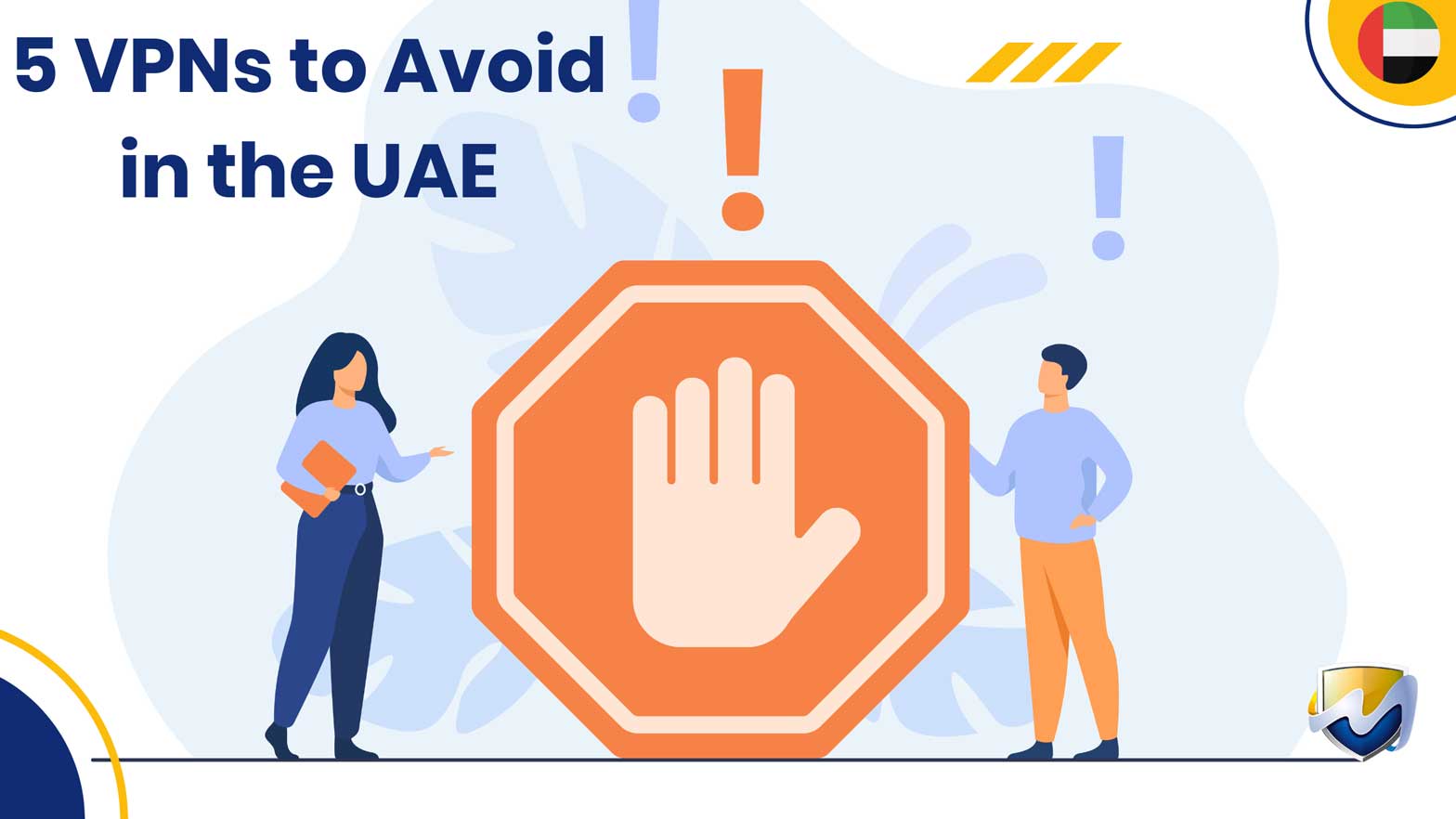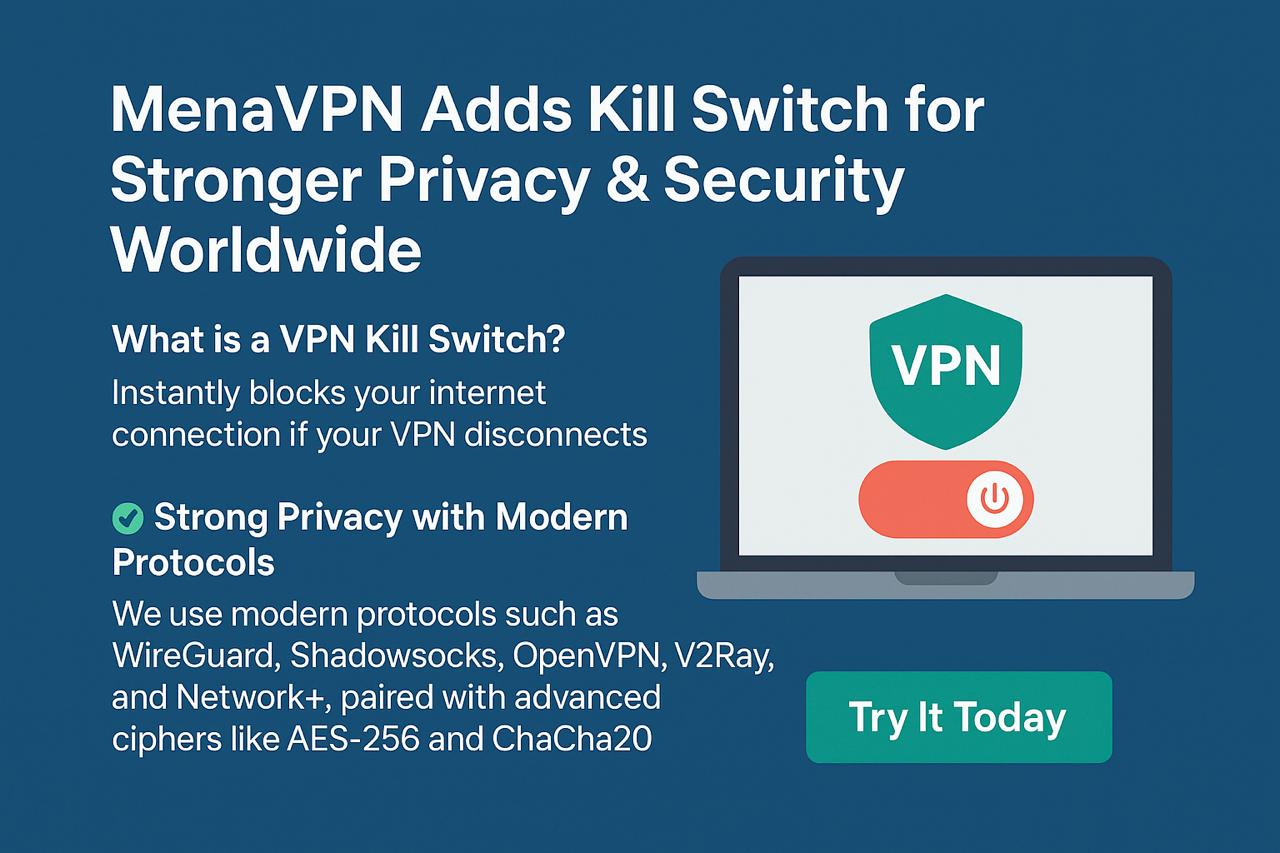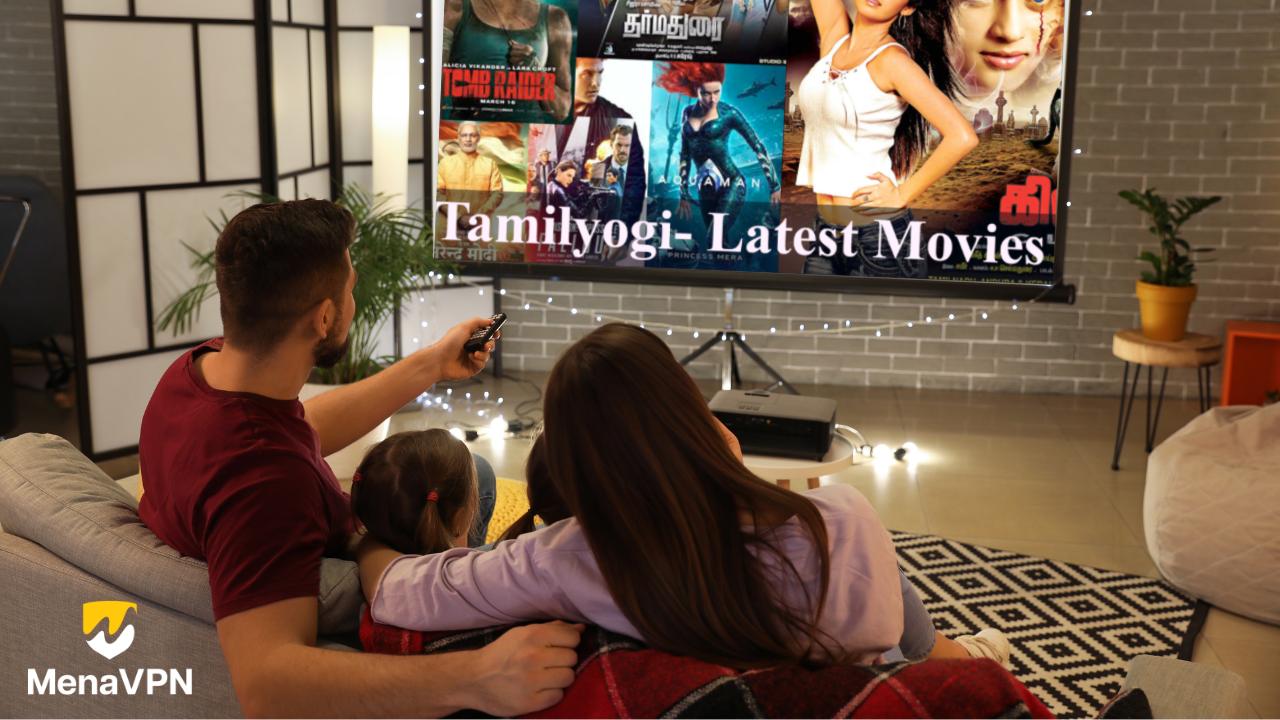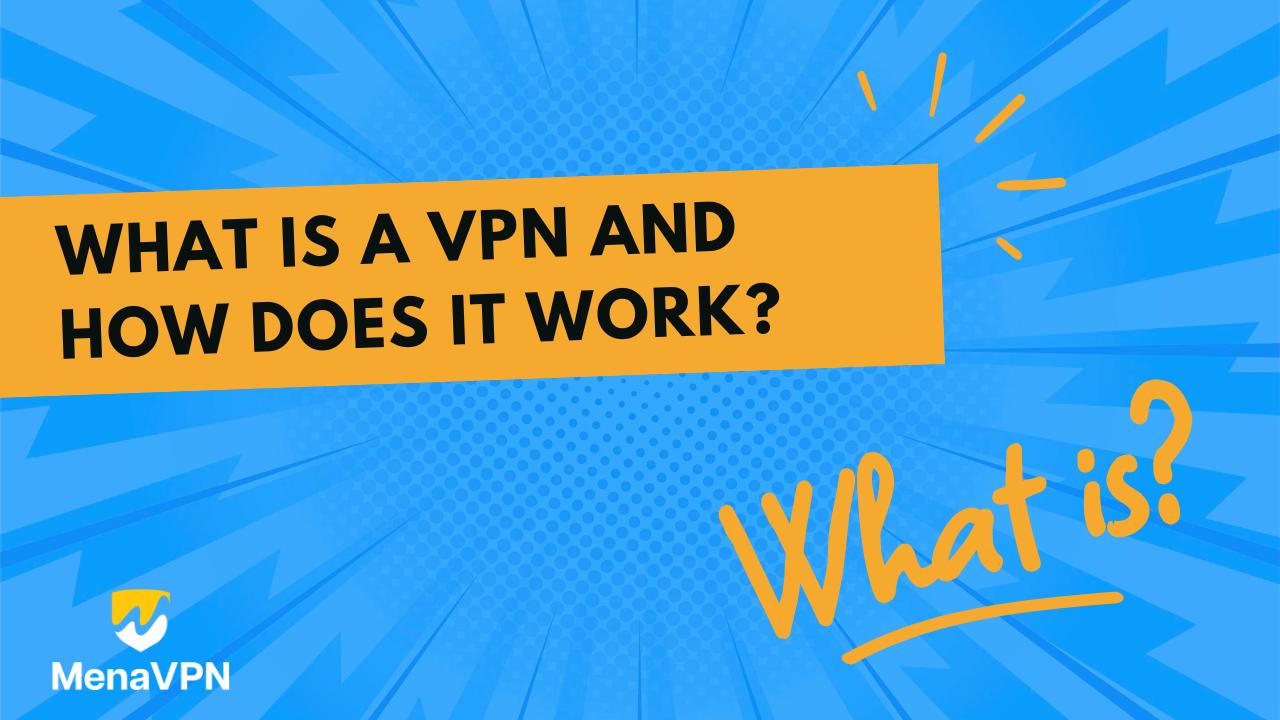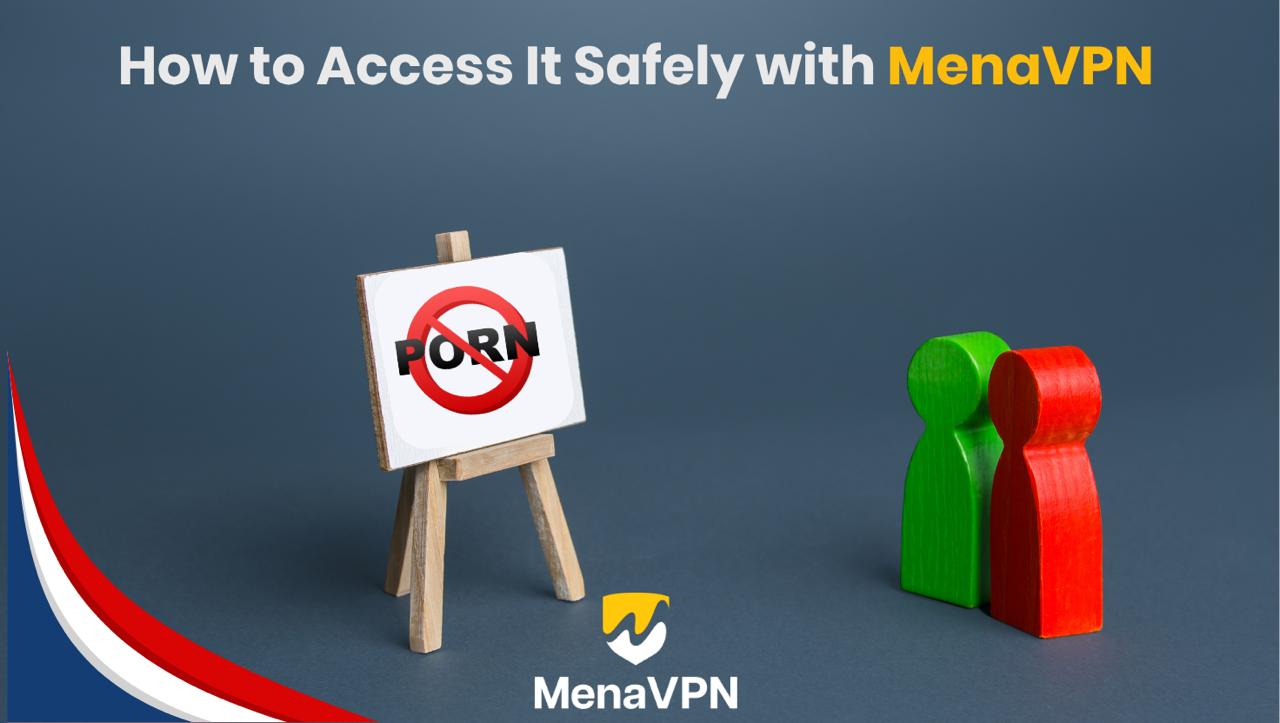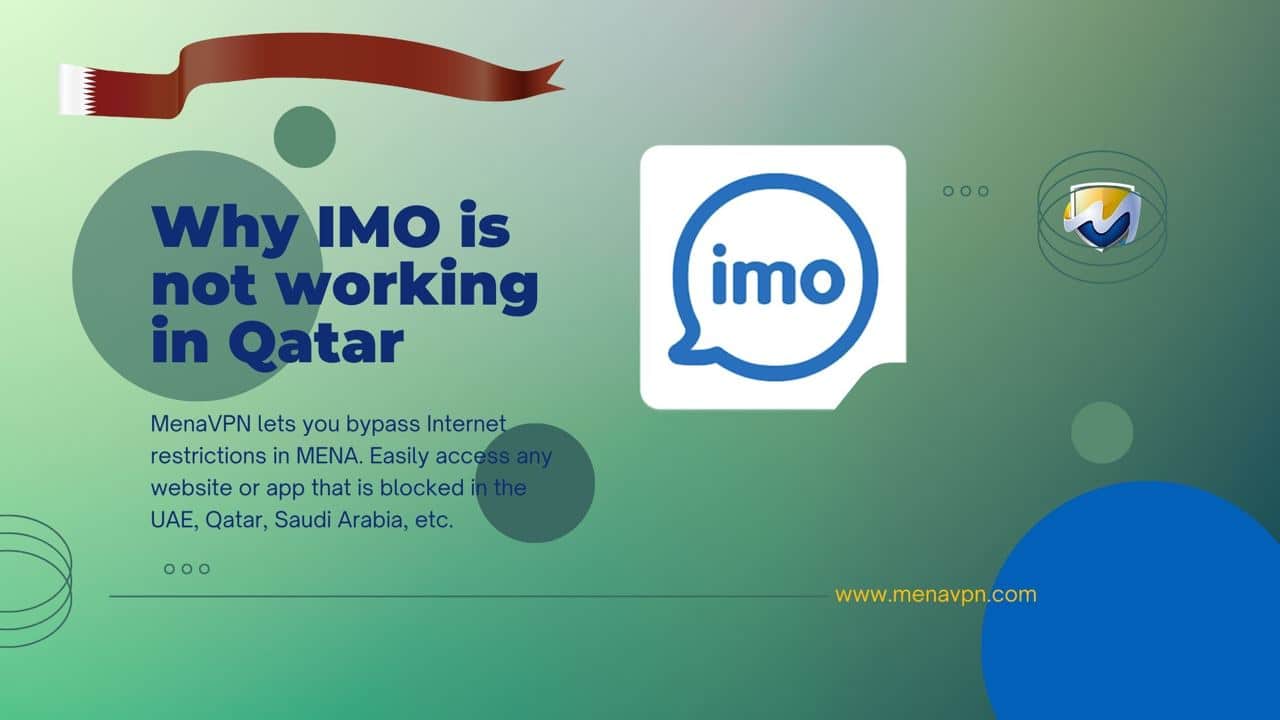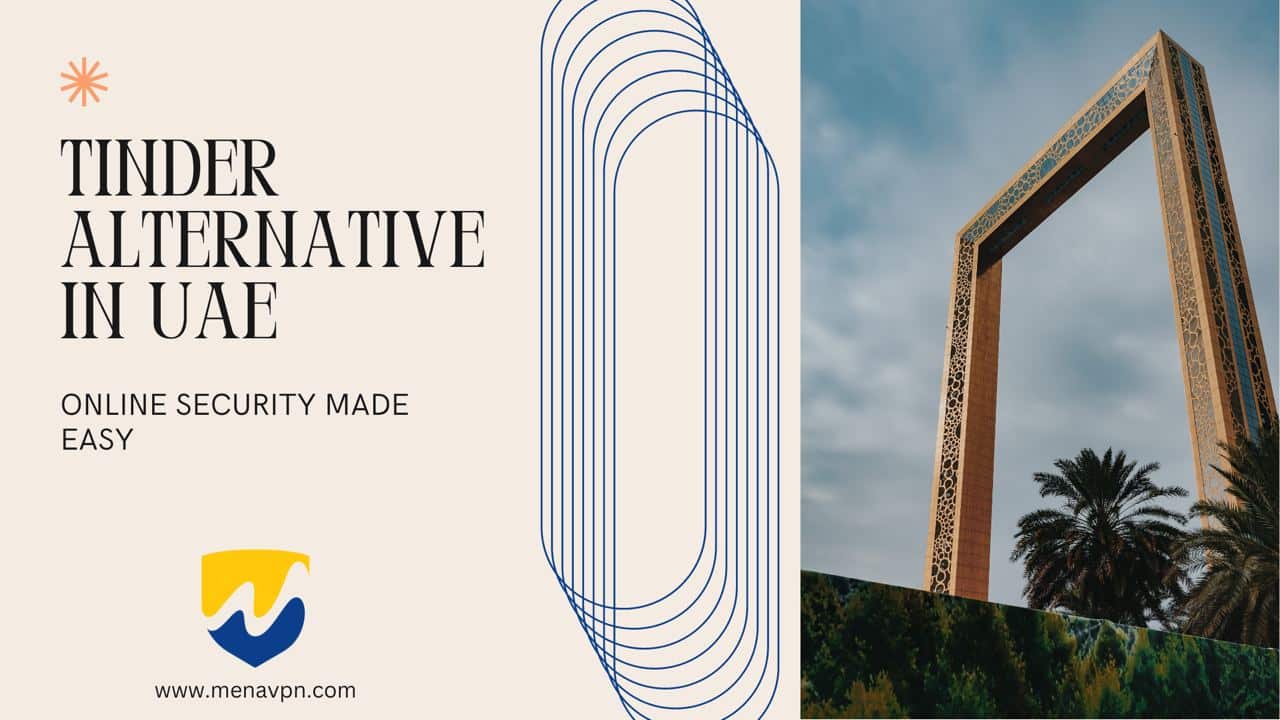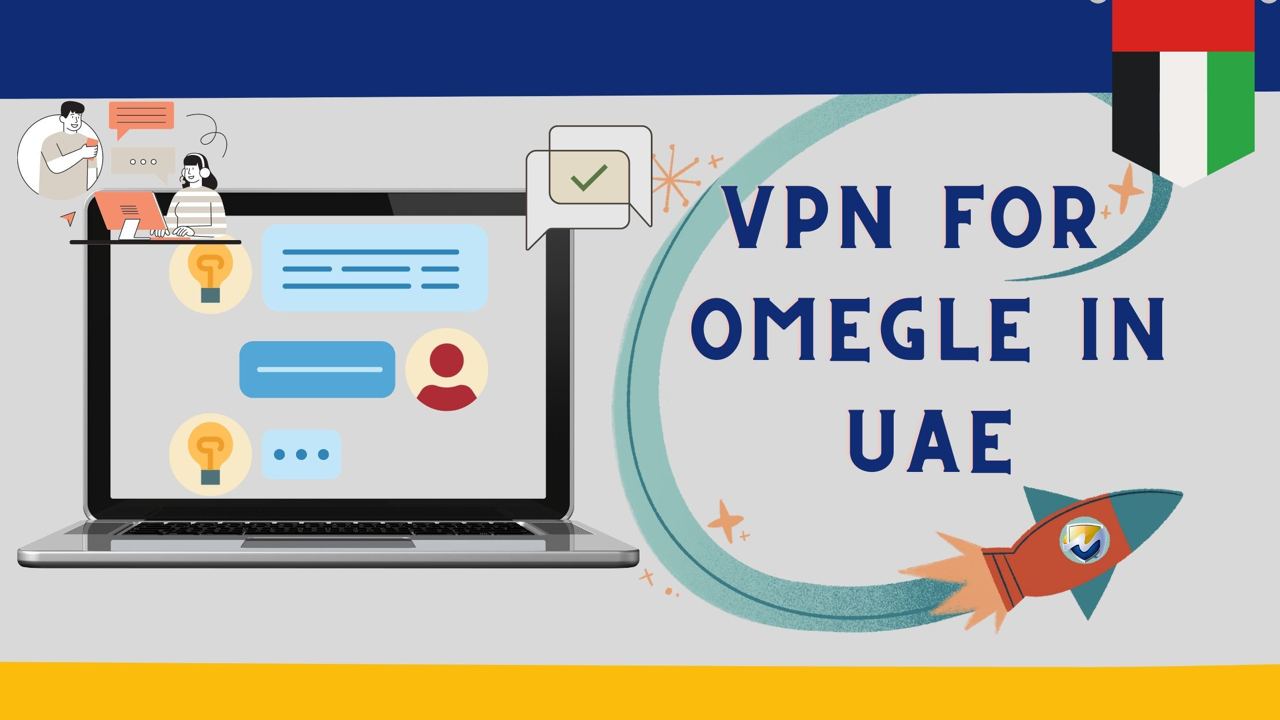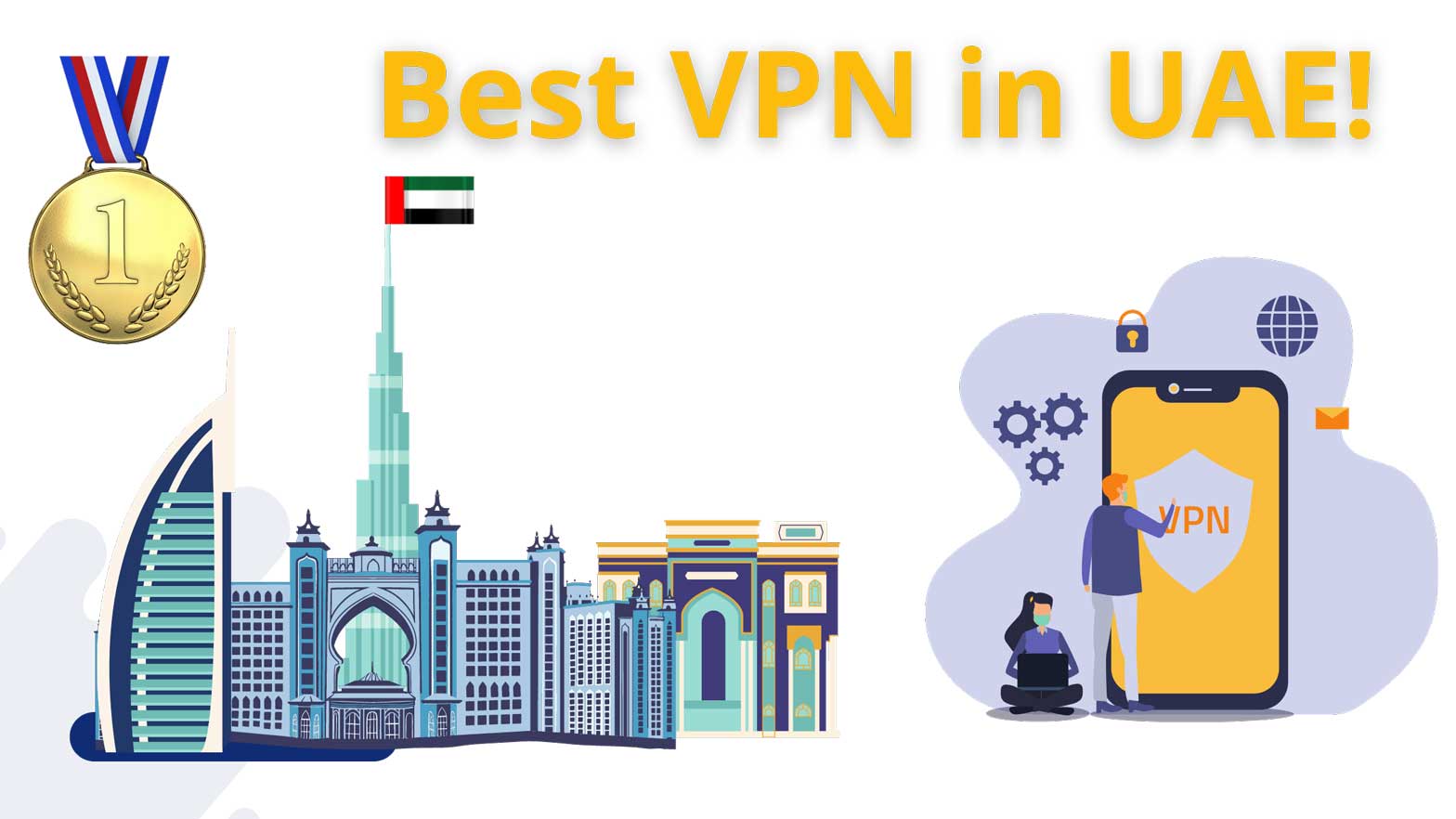If you live in the United Arab Emirates, you may be considering using a VPN to bypass internet censorship and access blocked content. As you already experienced it, many online services such as gambling websites, cryptocurrency exchanges, pornographic content and VoIP services like WhatsApp call, FaceTime are blocked in UAE and the only way to unblock them is using a good VPN.
However, it's important to choose a reputable and secure VPN service, we’ll provide 5 VPNs that you should definitely avoid to use but in addition to not using these VPNs, you should be aware that there are some VPN services specifically authorized by the government of UAE which puts your privacy at risk. so don’t use any VPN app that promotes in UAE freely or has a registered office in the country as providing a VPN in UAE is illegal.
In this blog post, we'll be discussing 5 VPNs to avoid in UAE due to their questionable security and privacy practices. By understanding which VPNs to avoid, you can protect yourself and your personal information while still enjoying the benefits of a VPN. Keep reading to learn more about these 5 VPNs and why you should steer clear of them.
Before you continue reading the article, you may find these blogs useful:
Why would you need a vpn in uae?
Why WhatsApp calls blocked in UAE?
Introduction to VPNs and internet censorship in UAE
Internet censorship has been present in the United Arab Emirates for many years. The UAE has a history of blocking websites and services that it deems inappropriate or that pose a threat to national security. The government has the authority to block or censor any website or service that it deems to be in violation of its laws and regulations.
In recent years, the UAE has implemented a number of measures to further tighten its control over the internet.
The UAE's internet censorship laws have been criticized by human rights groups, who argue that they are used to restrict freedom of expression and suppress dissent. Despite these criticisms, the UAE's internet censorship laws remain in place, and it is important for individuals in the UAE to be aware of them when using the internet.
In 2012, when the UAE began blocking websites and services, many VPN apps appeared on the scene to provide free internet access to expats and residents. the VPN apps were in 2 category:
Free VPNs and Paid VPNs
Free VPNs are those that don’t charge you a fee and ask you either to watch advertisements or pay a low amount of fee for the premium service.
Paid VPNs offer a free trial, but once it ends, users must pay a subscription fee.
You might be interested in these blogs as well:
How to unblock WhatsApp call in UAE
Why you shouldn't use Free VPNs in UAE
Since every VPN company has to cover many costs, including server and human resource costs, and the amount they are paid by ads is not very much (especially at scale), they find other non-decent methods to make money to cover those costs.
Data collection: Many free VPNs collect and sell user data to third parties for advertising or other purposes. This means that by using a free VPN, you may be sharing your personal information with unknown entities.
Insecure protocols: Some free VPNs use insecure encryption protocols or have known security vulnerabilities that could allow hackers to access your personal information.
Limited servers and bandwidth: Free VPNs often have limited servers and bandwidth, which can result in slow speeds and unreliable connections.
Malware and ad injection: Some free VPNs have been known to inject malware or ads into users' web traffic, which can be harmful to your device and compromise your online security.
Hence, we strongly recommend that you do not use free VPNs while you are in UAE or anywhere else.
You can find some good articles about finding the best VPN in UAE below.
Top 5 VPNs to avoid in UAE: to ensure your privacy
Hola VPN: A VPN with questionable security and privacy practices
In 2015, it was revealed that Hola VPN was selling its users' bandwidth to be used as part of a botnet, which means that Hola VPN users were unknowingly participating in distributed denial of service (DDoS) attacks and other malicious activity. In addition, Hola VPN has been found to have numerous security vulnerabilities that could allow hackers to access users' personal information.
PureVPN: A VPN with a history of questionable privacy practices
In 2017, it was revealed that the company had provided user logs to the FBI in response to a court order, despite claiming to offer a "no logs" service. In addition, PureVPN has been criticized for having slow speeds and unreliable connections.
HideMyAss: A VPN owned by a company with a history of collecting and selling user data
HideMyAss is owned by Avast, a company with a history of collecting and selling user data. In addition, HideMyAss has been criticized for having slow speeds and unreliable connections.
Hotspot Shield: A VPN accused of using tracking libraries and injecting ads into users' web traffic
Hotspot Shield is a VPN app that is owned by china government. The company has been accused of using tracking libraries and injecting ads into users' web traffic, as well as sharing user data with third parties and using insecure encryption protocols.
Zenmate: A VPN with a reputation for slow speeds and unreliable connections
There are several reasons why you might want to avoid using Zenmate as a VPN in UAE:
Slow speeds and unreliable connections: Zenmate has a reputation for having slow speeds and unreliable connections. This can make it frustrating to use and can make it difficult to access content or services that require a stable internet connection.
Insecure encryption protocols: Zenmate has been criticized for using insecure encryption protocols, which could potentially allow hackers to access your personal information.
Limited server locations: Zenmate has a relatively small number of server locations compared to other VPNs, which can limit your options for accessing content from different regions.
Most secure and reliable VPN to use in UAE
It is often difficult to decide on the right VPN for online privacy in UAE, as there are many options available, each with its own features and benefits.
Below are some tips to help you choose the right VPN for your needs:
Privacy first: Privacy wise we suggest you to use MenaVPN which is based in the Netherlands. this means the business is %100 complied with the EU user’s privacy policy regulations including no-log and non sharing users data with any 3rd parties.
UAE-optimized server: If you want to access blocked content in UAE, you need a VPN that has many servers across the globe which are optimized for circumventing internet restrictions in UAE. MenaVPN has many of these type of optimized servers and our technical team has reached to a high technology of server optimization that empowers MENA users have a smooth connection in the region. As a proof you can checkout the Appstore rating of MenaVPN which is 4.6 out of 5.
Highest reputation in UAE: MenaVPN has up to 25.000 stars on Appstore which make it one of the best VPN apps in MENA region. it is among top 10 apps in the utility category of UAE’ Appstore. with hundreds of positive reviews.
Price matters: If it is important to find a VPN that fits your pocket. MenaVPN has most economic offers for users in UAE while provides you the best possible quality of connection in across the country as well as entire MENA region.
Try MenaVPN for 7 days for free, then go to the pricing page of the website to find the best plan for your needs.
In conclusion, It is always a good idea to do your research and carefully evaluate the security and privacy policies of any VPN service before using it. Make sure to choose a reputable and secure VPN if you need to use one in the UAE.
Below you can find more resources to learn more about VPNs in UAE.
Why Every UAE Resident Needs a VPN
The Ultimate Guide to using a VPN in the UAE

